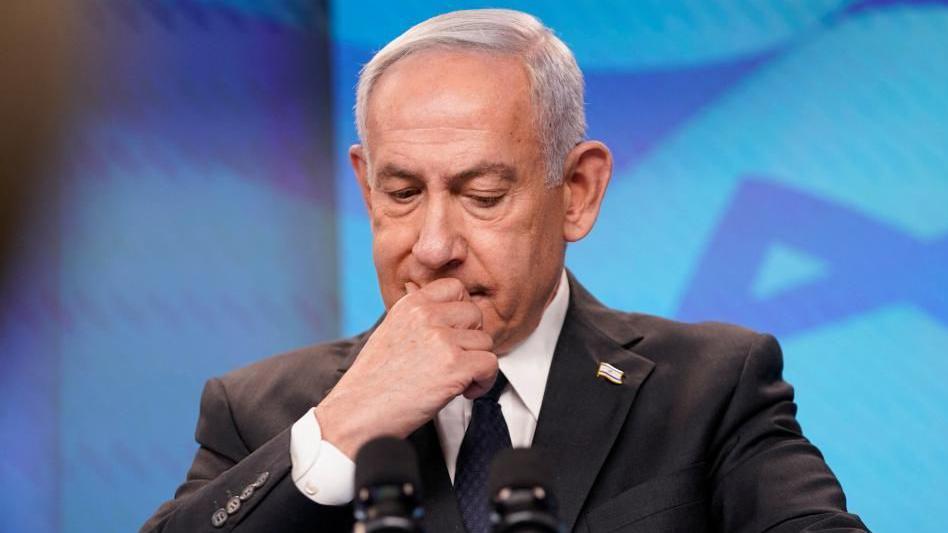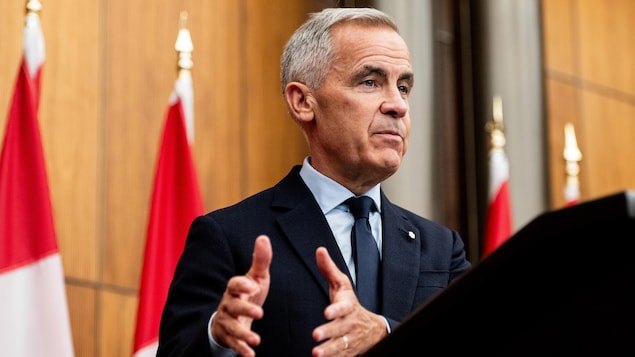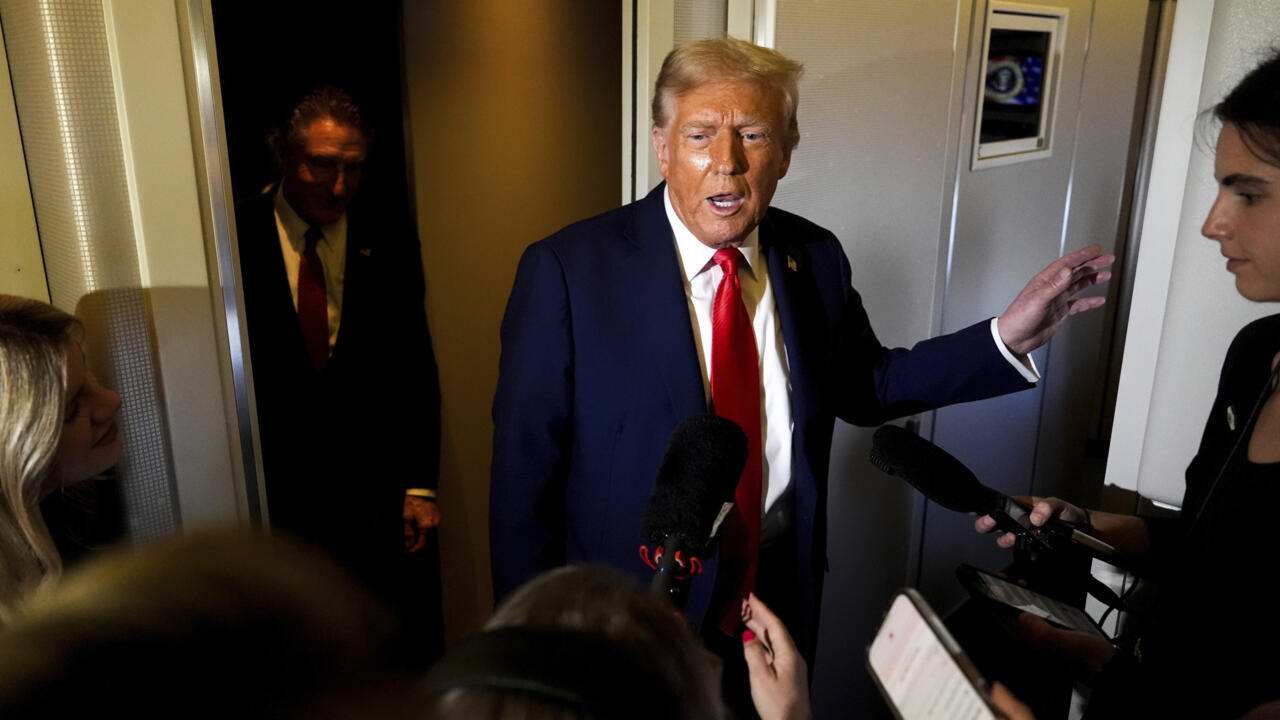Rising Tensions Between Gabon and Benin Sparked by "Gabonization" Policy
A recent policy in Gabon aimed at prioritizing Gabonese citizens in certain economic sectors, dubbed "Gabonization," has ignited tensions between Gabon and Benin. Social media has amplified the situation, leading to diplomatic concerns and calls for calm.
The "Gabonization" Policy and Its Impact
The Gabonese government's decision on August 12th to "gabonize" sectors primarily occupied by non-nationals has sparked controversy. This policy aims to address unemployment by reserving specific industries for Gabonese citizens. These sectors include local commerce, money transfer services, electronics repair, hairdressing, aesthetics, artisanal gold mining, and the gaming machine industry.
According to the 2023 general census of businesses in Gabon, approximately 70% of businesses operate in the informal sector, contributing 35% to the Gross Domestic Product (GDP). Over 80% of these businesses are reportedly owned by foreigners. Nicaise Moulombi, president of the Consortium of NGOs for Environmental Defense and a member of Gabonese civil society, stated that the government seeks to reduce unemployment and improve living conditions by reclaiming these professions for Gabonese citizens.
Social Media Fuels the Flames
Hervé Wendyam Lankouande, an analyst and specialist in peace, security, and development issues in Africa, told BBC News Afrique that social media, driven by influencers from both countries, is exacerbating the situation. "When you look at the diplomatic relations between the two countries, they are cordial and fraternal," he noted. However, social media narratives are painting a different picture.
A video of a Gabonese influencer targeting Beninese traders in the Lambaréné market ignited a social media storm, with Gabonese citizens criticizing the presence of foreigners in their economy, particularly Beninese traders. This led to counter-responses from Beninese citizens, some of which were deemed offensive to Gabonese authorities, prompting police intervention and the closure of some Beninese-owned shops.
Christelle, a Beninese resident in Gabon, expressed concern, stating, "It's up to our Beninese brothers to calm down. Because we who are here are troubled and threatened. They are on social media and are far from us. We are the ones who suffer."
Efforts to De-escalate the Situation
Both Gabonese and Beninese authorities are attempting to de-escalate the situation. In Gabon, the influencer responsible for the initial video was briefly questioned. The Beninese government initially perceived the situation as a threat to its citizens and offered special flights for those wishing to return home. Later, they threatened legal action against citizens who continue to amplify the controversy with hateful rhetoric online. Shegun Bakari, Benin's Minister of Foreign Affairs, called for restraint and responsible communication, emphasizing the fraternal relations between the two nations.
President Brice Clotaire Oligui Nguema has reaffirmed the government's support for youth entrepreneurship, allocating 25 billion francs CFA to a fund to encourage self-employment. However, experts like Hervé Wendyam Lankouande caution that the "gabonization" policy needs careful consideration to avoid diplomatic incidents and should not be seen as a populist measure that could harm relations with neighboring countries.
Nicaise Moulombi advocates for awareness campaigns in local languages to encourage those without stable situations in Gabon to return to their home countries.
The Impact on Beninese Residents in Gabon
Beninese residents in Gabon express regret over the situation. Christelle pleaded, "We ask the Gabonese for forgiveness. We are all brothers here, Gabonese and Beninese. We only want to live in peace." The situation highlights the complex interplay between national economic policies, social media narratives, and diplomatic relations in a globalized world.
 Visit the website
Visit the website






